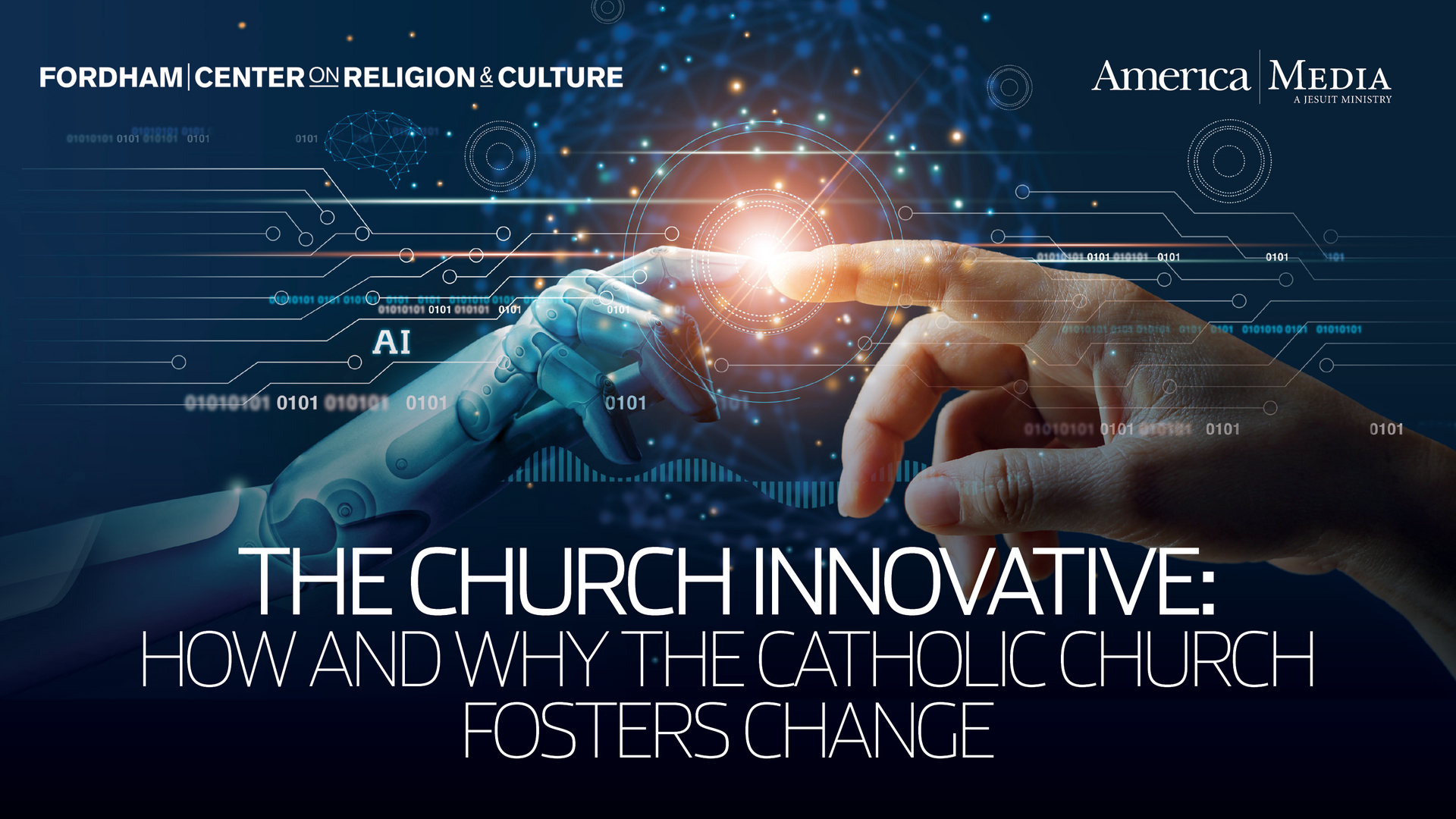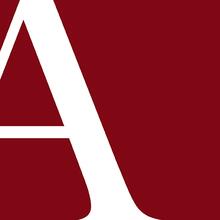
The Church Innovative: How and Why the Catholic Church Fosters Innovation
Wednesday, June 2, 2021 | 12 p.m. EST
The Catholic Church is frequently depicted as an archaic, stuffy and staid institution, trapped by tradition and encased in the immutability dogma. But what if we looked at the Church as one of most dynamic and innovative institutions, indeed forces, in human history? For two millenia, the Catholic Church has spawned new innovations, adapted to new societies, encompassed and embraced diverse cultures and seized developments in technology, education, finance and communications to further its mission.
Join us for a conversation on how the Catholic Church continues to embrace this legacy of innovation today and why, no more than ever, it is important for it to innovate and meet the needs and challenges of a global society.
Panelists include:
Helen Alford, O.P., Vice Rector, Pontifical University of St. Thomas
Francis Davis, FRGS, Director of Policy, Edward Cadbury Centre, University of Birmingham
Kerry Alys Robinson, Founding Partner, Leadership Roundtable
Moderator: Nicholas D. Sawicki, Duffy Fellow, Center on Religion and Culture, Fordham University







